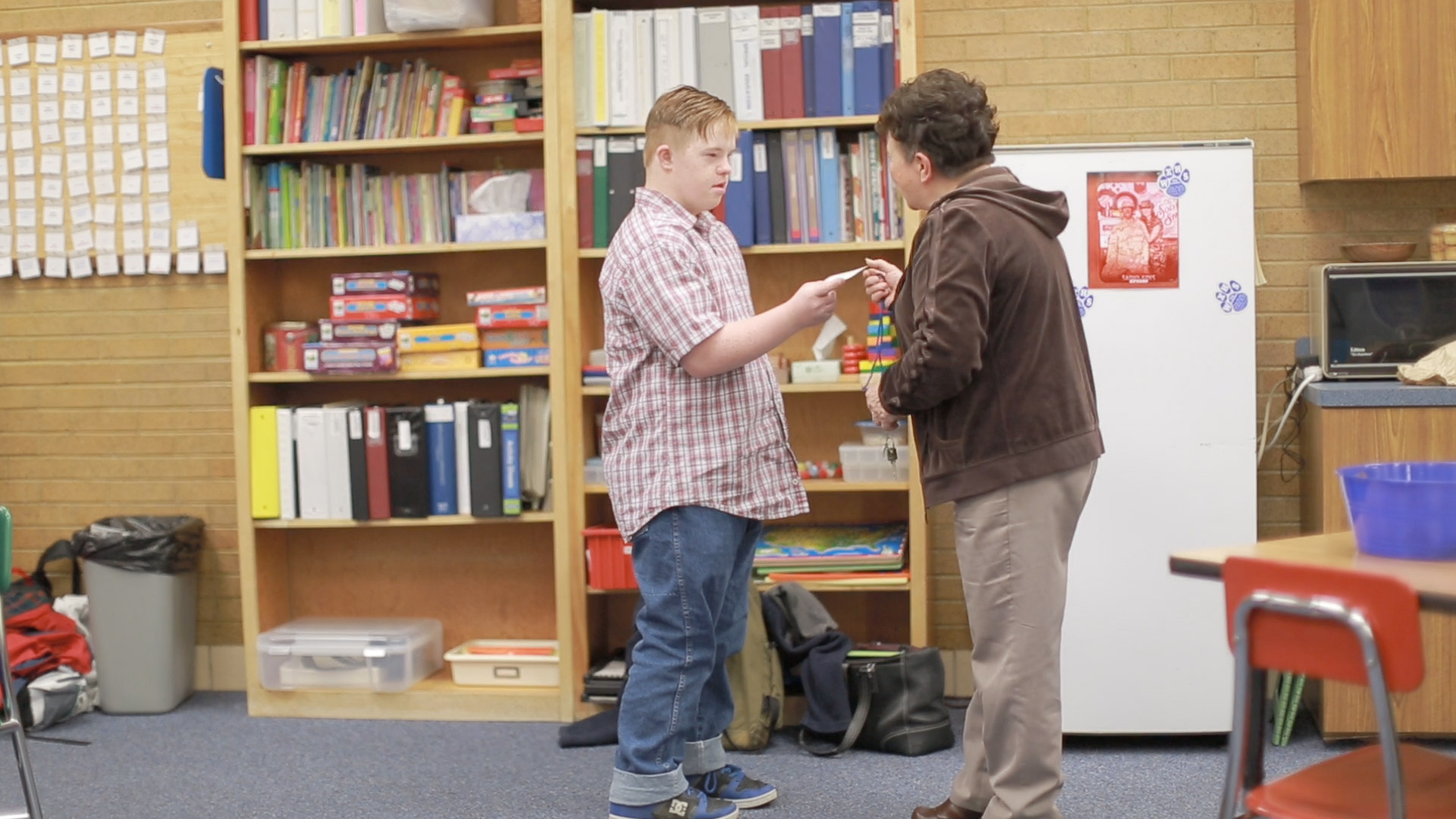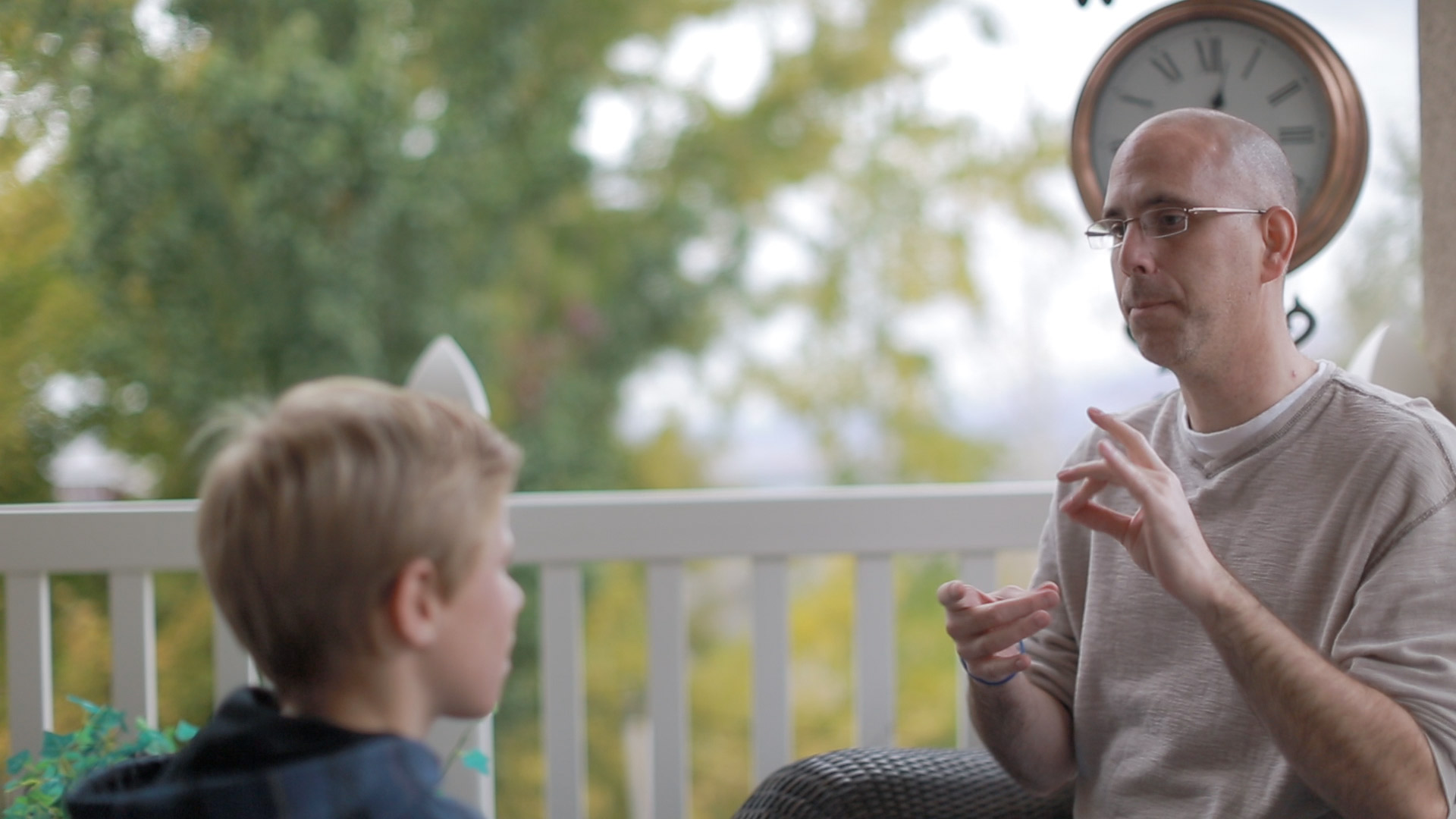Did you know that research has shown that punishment is not an effective way to change behavior?
Positive Behavior Interventions
Research has shown that positive behavioral interventions strategies are effective in changing behavior in schools. When a school environment is positive and predictable, students feel safer, have better academic performance and higher test results and make better behavior choices. Schools also show a gain in instructional time, a reduction in out of school suspensions and discipline referrals and a decrease in referrals to Special Education.
PBIS intervention example one
Pre-arranged signals can be used to let a child know when he or she is doing something that is not acceptable. A hand motion, a shake of the head or a colored card placed on a desk as the teacher moves through the room could alert the child without drawing attention to the child or the behavior. It is important to develop a signal that the child and teacher agree on using and for what purpose. Then practice it together.


PBIS intervention example two
Positive phrasing lets children know the positive results for using appropriate behaviors. As simple as it sounds, this can be difficult. Teachers and parents are used to focusing on misbehavior. Warning children about a negative response to problem behaviors often seems easier than describing the positive impact of positive behaviors. Compare the difference between positive phrasing and negative phrasing: Positive phrasing: “If you finish your reading by recess, we can all go outside together and play a game.” Negative phrasing: “If you do not finish your reading by recess, you will have to stay inside until it’s done.”
PBIS intervention example three
The next one I’m going to discuss is Stop, Relax, and Think strategy which teaches children how to think about a problem and find a solution. Children learn the following steps:
- Define the problem.
- Decide who “owns” the problem.
- Think of as many solutions as possible to solve the problem.
- Select a solution to try.
- Use the solution.
- Evaluate its success.
After children understand the steps, role-play and practice can help the process become habit. Helping children to recognize their own response to stress (clenched hands, voice tone, etc.) may become part of the instruction needed to use this strategy effectively. Practicing and being successful with these steps can take time for children. Therefore, it is important to consider what kind of support a child may need that will help reinforce progress.

Getting your child to comply with requests can be a challenge.
This brief video by Keith Radley about using precision requests at home may be helpful to you in establishing consistency in your home.
Information Sheets
Linked Websites
PBIS: Positive Behavioral Interventions & Supports OSEP Technical Assistance Center
Funded by the U.S. Department of Education’s Office of Special Education Programs (OSEP) and the Office of Elementary and Secondary Education (OESE), the Technical Assistance Center on PBIS supports schools, districts, and states to build systems capacity for implementing a multi-tiered approach to social, emotional and behavior support. The broad purpose of PBIS is to improve the effectiveness, efficiency and equity of schools and other agencies. PBIS improves social, emotional and academic outcomes for all students, including students with disabilities and students from underrepresented groups.
Positive Behavior Supports | A Resource Collection
This collection of resources offers a wide variety of information on PBIS as well as other behavior information for parents.
Watch this archived webinar on the Utah Parent Center You Tube channel for ideas on how to implement PBIS strategies at home.
The information from Understood.org gives a generalized overview of PBIS. “PBIS is an approach schools can use to improve school safety and promote positive behavior. It also helps schools decide how to respond to a child who misbehaves.”
Webinars
We at the Utah Parent Center hope this information will be helpful to you in understanding your child’s behavior and assist you in working with school professionals. Be sure to access our website www.utahparentcenter.org to review our resources. If you have concerns or questions, please give us a call and speak with one of our knowledgeable parent consultants.
5296 S Commerce Dr., Suite 302, Salt Lake City, UT 84107
Phone: 801.272.1051
Toll-Free in Utah: 1.800.468.1160
Email: info@utahparentcenter.org

This page was funded by a grant from Interagency Outreach Training Initiative at Utah State University’s Center for Persons with Disabilities.
